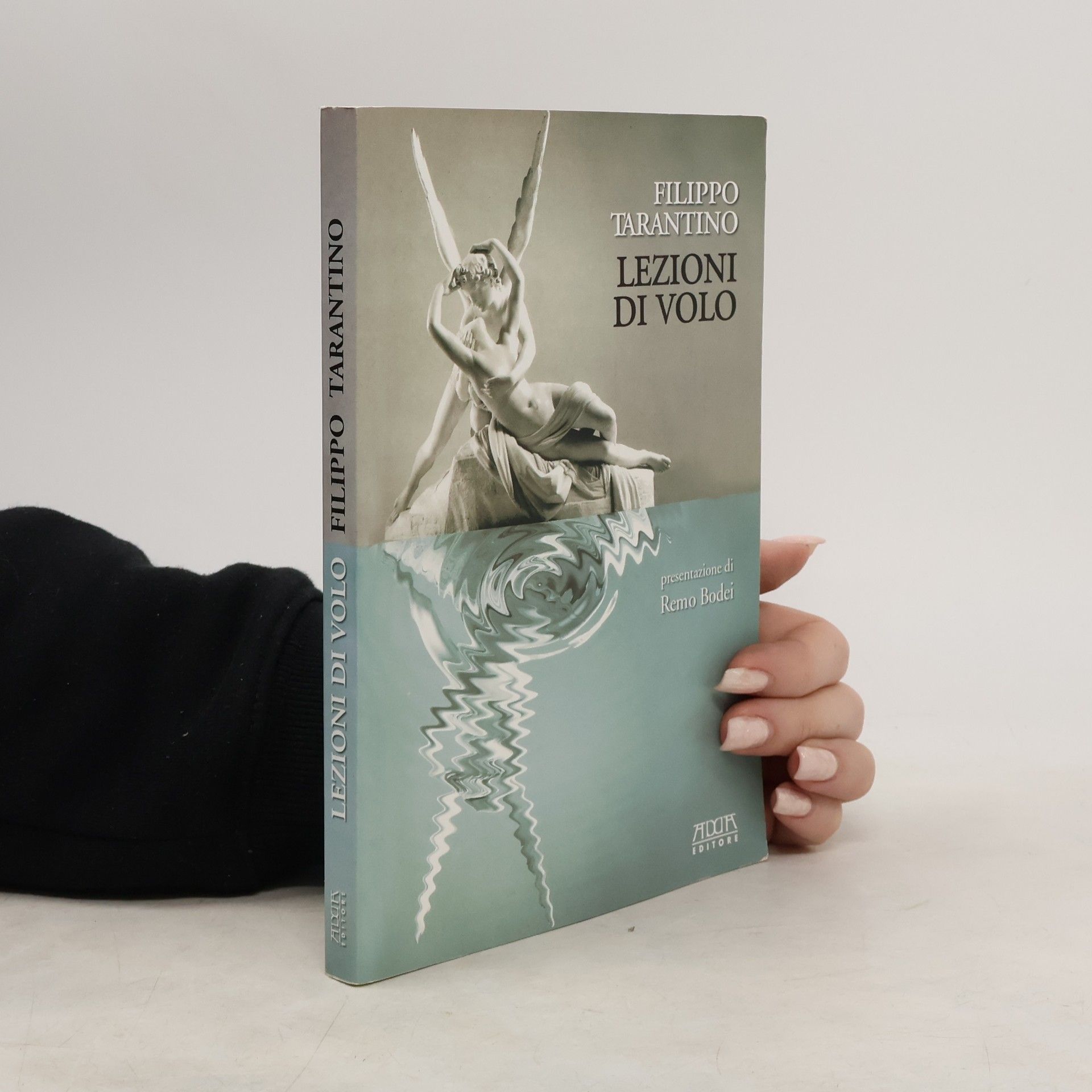Remo Bodei Volgorde van de boeken
Deze filosoof en academicus duikt in de aard van schoonheid en de geschiedenis van het denken, met een recente focus op filosofisch onderzoek naar verlangen en passie als drijvende krachten om beter te leven. Zijn geschriften verkennen hoe onze verlangens en passies onze zoektocht naar betere levensomstandigheden vormgeven. Diepe reflecties op het menselijk bestaan en de koers ervan bepalen zijn intellectuele benadering. Zijn analyses bieden een boeiende verkenning van de menselijke psychologie en motivatie.





- 2020
- 2009
Senzaţia de déjà vu
- 212bladzijden
- 8 uur lezen
- 2002
Lezioni di volo
- 144bladzijden
- 6 uur lezen
- 1997
- 1996
In der Goethe-Zeit wird zum erstenmal die Pathologie der Moderne sichtbar. Bodei untersucht deren Problematik ausgehend von einem bisher ungedruckten Hegel'schen Fragment. Neben Hegel steht Goethe im Zentrum der Darstellung. Dekompositionen: Ein Hegel'scher Vor-Text: ›Der immer sich vergrössernde Widerspruch‹ (um 1800) Die verschiedenen Sinnebenen (Kommentar) - Themen: Das Unbekannte und die Grenzen: Kant, Novalis, Hölderlin - Fluchtlinien: Jesus, Rousseau, Fichte - Gretchens Zimmer: Entwicklung und Grenzen der Individualität bei Goethe - Projektionen: Hegel und die Zeit danach - Namenverzeichnis.